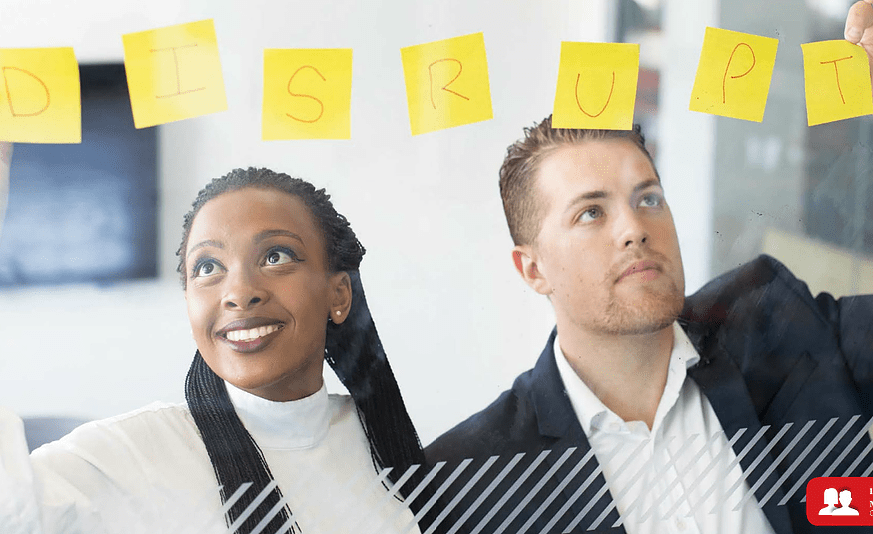This article forms part of SME South Africa’s Youth Month 2018 series ‘A Seat at the Table’ – an exploration of SA Youth’s efforts to step up and effect positive change. Follow all our #YouthMonth2018 coverage here.
As a 24-year-old African woman working in tech Lethabo Motsoaledi is used to challenging stereotypes. Motsoaledi is the co-founder and co-CEO of the Cape Town-based disruptive intelligence innovation studio, Motsoaledi & West (M&W), which she launched together with business partner Matthew Westaway in 2017.
As a young female techpreneur Motsoaledi says she has heard comments like she “couldn’t possibly know” a particular technology. She never let this deter her, she says, but is instead using it to inspire others.
Today Motsoaledi advocates that young women go into the tech sector even if they face possible discrimination, it is much easier to live with discrimination than the regret of not taking the risk in the first place, she says.
“Whenever people hate or discriminate, the only thing that we can fall back on is our knowledge and experience. We should always make sure that that’s on par because then people can’t doubt you.”
Motsoaledi is also a Allan Gray Orbis Foundation Fellow and a Mandela Rhodes Foundation Scholar and was listed as one of Inspiring Fifty‘s top women in tech together with local trailblazers Aisha Pandor and Rapelang Rabana, among others.

Changing how businesses talk to customers
Motsoaledi’s company uses design thinking to change the way businesses communicate with their customers. Design thinking is the latest craze in driving innovation within businesses. The methodology is used to help devise strategies to deliver customer value and define market opportunity through creative problem solving, using tools such as experimentation and empathy.
Discrimination happens anyway, even if you don’t take the plunge and do what you believe in
According to a Bizcommunity article, the business aims to “help companies fast-track innovation through applying their accelerated design thinking methodology”.
One of the first innovations they developed is what they have dubbed the ‘hourglass’, an interactive tech-enabled art piece that helps corporates encourage and track participation in Employee Volunteerism Programmes (EVPs) through an Internet of Things (IoT) platform. The project is now powered by Vodacom.
Their use of 3D technology also managed to catch the attention of Pampers who they partnered with to create framed 3D baby ultrasound scan prints, ‘Hello Baby 3D Prints’. They also partnered with Netcare for their ‘Hello Baby Family Journal’ that was a hit at last year’s Mama Magic expo.
Creating impact
Motsoaledi says she has known since she was 16 that she wanted to be an entrepreneur and was driven by the desire to make a big impact.
“[I was] looking at high impact individuals locally and across the world, the people who have the disposable income and time to make a far reaching impact beyond the eight hours a day that they work, and I realised being an entrepreneur would give me that freedom to be that individual.”
Whenever people hate or discriminate, the only thing that we can fall back on is our knowledge and experience
Motsoaledi studied Geomatics, an engineering discipline at the University of Cape Town. She says the degree helped to hone her problem-solving skills.
“I guess that really did help because that was the foundation of my technical background. The degree forced me to learn how to program, something I never thought I would be able to do, but understanding the world from a coding and programming perspective has made many possibilities available. Today I’m proud to say that I’m building tech myself only because I [can] approach the world from a problem-solving perspective.”


